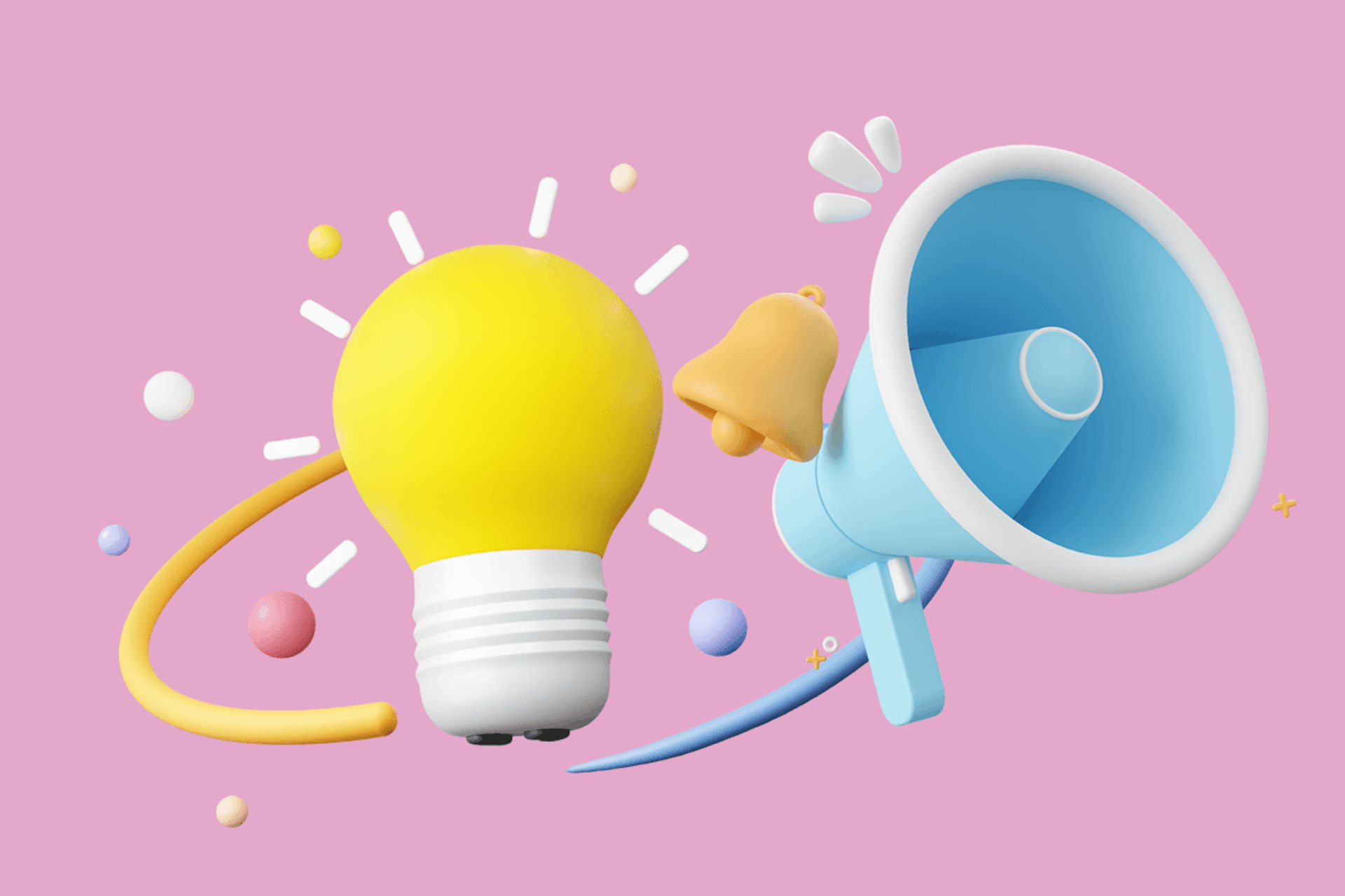The Meltwater Blog
How to Create a PR Strategy
Read Blog
Latest posts
Internal Communication
Internal Communications Best Practices to Drive Your Business Forward
Read Blog
Marketing
What Is Marketing & Why Your Business Can't Do Without It
Read Blog
Customer Journey
The Importance of Customer Journey Mapping for Brands
Read Blog
Social Media Marketing
Ultimate Social Media Marketing Guide
Read Blog
Social Listening
What Is Brand Tracking? Brand Health Tracking Guide for 2026
Read Blog
Reputation Management
What is Corporate Image and Why is It Important?
Read Blog
Digital Marketing & PR Tools
The Best Brandwatch Alternatives 2025
Read Blog
AI & Data Analytics
What is AI in Influencer Marketing? (And How it Works)
Read Blog
Digital Marketing & PR Tools
The 9 Best Competitor Analysis Tools Compared for 2026
Read Blog
Social Listening
Top Emojis of 2025: Platform, Country, and Generation Trends
Read Blog
Brand Management
What is Brand Management and Why is Good Branding Important?
Read Blog
Generative Engine Optimization (GEO)
How to Track LLM Visibility: Metrics, Tools & Benefits
Read Blog
Load More
Discover more topics
Social Listening
Reputation Management
Brand Management
Competitive Intelligence
Customer Journey
AI & Data Analytics
PR & Communications
Internal Communication
Content Marketing
Influencer Marketing
Marketing
Social Media Management
Social Media Marketing
Digital Marketing & PR Tools
Generative Engine Optimization (GEO)
By Network
Facebook Blog
Instagram Blog
LinkedIn Blog
TikTok Blog
X/Twitter Blog
YouTube Blog
Bluesky Blog
Snapchat Blog
Threads Blog
